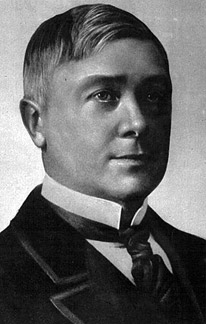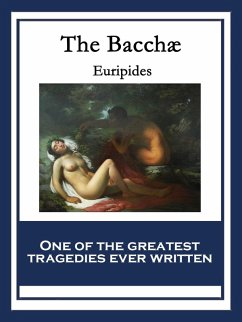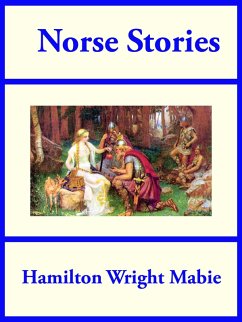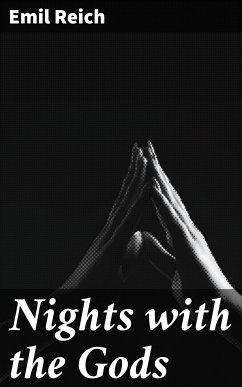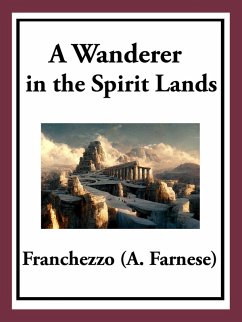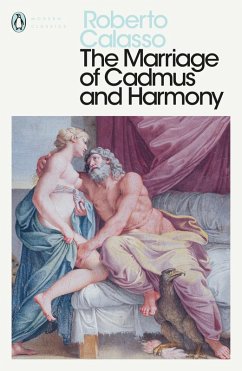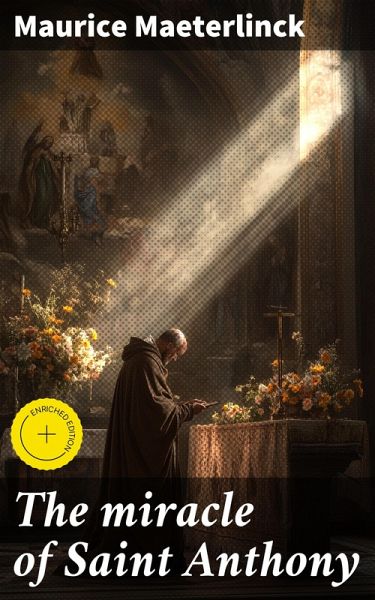
The miracle of Saint Anthony (eBook, ePUB)
Enriched edition. Exploring faith, miracles, and the mysteries of the human experience in rural France
Kommentar: Ewing, Garrett / Redaktion: Good Press / Übersetzer: Teixeira De Mattos, Alexander

PAYBACK Punkte
0 °P sammeln!
In "The Miracle of Saint Anthony," Maurice Maeterlinck explores the profound themes of faith, hope, and the human condition through a poignant and symbolist lens. The play artfully intertwines the miraculous with the mundane, portraying the life and miracles of Saint Anthony with a lyrical and reflective narrative style. Its rich, evocative language and philosophical depth reflect the late 19th and early 20th-century European literary context, characterized by a departure from realism towards introspection and metaphysical inquiry. Maeterlinck's deft handling of silence and presence highlights...
In "The Miracle of Saint Anthony," Maurice Maeterlinck explores the profound themes of faith, hope, and the human condition through a poignant and symbolist lens. The play artfully intertwines the miraculous with the mundane, portraying the life and miracles of Saint Anthony with a lyrical and reflective narrative style. Its rich, evocative language and philosophical depth reflect the late 19th and early 20th-century European literary context, characterized by a departure from realism towards introspection and metaphysical inquiry. Maeterlinck's deft handling of silence and presence highlights the tension between desire and fulfillment, inviting the audience to engage in a dialogue about the nature of belief and the search for meaning. Maurice Maeterlinck, a Belgian playwright and poet, was a leading figure in the Symbolist movement, which sought to convey emotions and ideas through indirect and suggestive means. His own spiritual inquiries, influenced by his background in mysticism and philosophy, permeate his works, including "The Miracle of Saint Anthony." The author's exploration of the intersection between the divine and the human experience is evident throughout, reflecting both his personal convictions and the broader cultural movement of his time. "The Miracle of Saint Anthony" is a compelling read for those interested in exploring the depths of spirituality and the complexities of faith. Maeterlinck's masterful use of allegory and symbolism not only provides a rich textual experience but also invites readers to reflect on their own beliefs and the miracles in their lives. This text is invaluable for students of literature and spirituality alike, encouraging profound contemplation and emotional resonance. In this enriched edition, we have carefully created added value for your reading experience: - A succinct Introduction situates the work's timeless appeal and themes. - The Synopsis outlines the central plot, highlighting key developments without spoiling critical twists. - A detailed Historical Context immerses you in the era's events and influences that shaped the writing. - An Author Biography reveals milestones in the author's life, illuminating the personal insights behind the text. - A thorough Analysis dissects symbols, motifs, and character arcs to unearth underlying meanings. - Reflection questions prompt you to engage personally with the work's messages, connecting them to modern life. - Hand-picked Memorable Quotes shine a spotlight on moments of literary brilliance. - Interactive footnotes clarify unusual references, historical allusions, and archaic phrases for an effortless, more informed read.
Dieser Download kann aus rechtlichen Gründen nur mit Rechnungsadresse in A, B, BG, CY, CZ, D, DK, EW, FIN, F, GR, H, IRL, I, LT, L, LR, M, NL, PL, P, R, S, SLO, SK ausgeliefert werden.




